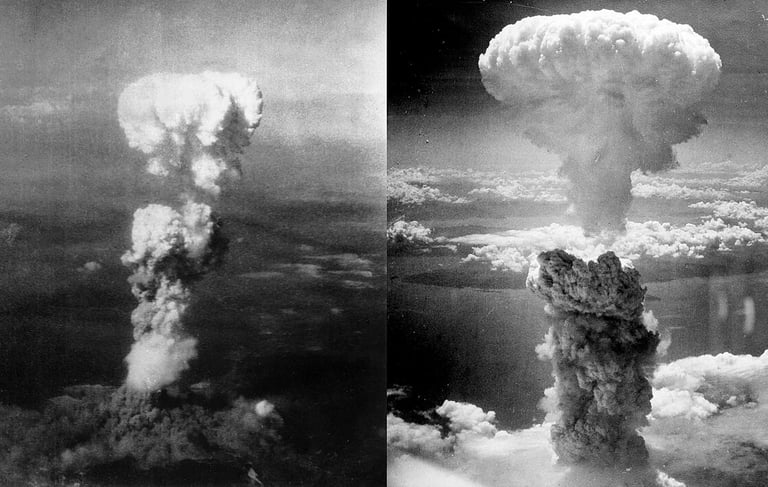Bae Kyung-mi: Hiroshima Bomb Survivor’s Untold Story from South Korea | 4 August 2025
Meet Bae Kyung-mi, a rare Hiroshima bombing survivor now in South Korea. Her story reveals a forgotten chapter of history and resilien
Raja Awais Ali
8/4/20251 min read


From Hiroshima to Hapcheon: The Silent Testimony of Bae Kyung-mi
In a quiet village of Hapcheon, South Korea, lives Bae Kyung-mi, one of the few living Koreans who survived the atomic bombing of Hiroshima.
On August 6, 1945, when the United States dropped the world’s first atomic bomb on Hiroshima, Bae was only five years old. Her family, like thousands of Koreans at the time, had been forcibly relocated to Japan under Japanese colonial rule to support wartime labor.
The bomb—nicknamed "Little Boy"—reduced the entire city to rubble. Bae’s house was destroyed instantly, and three of her siblings were killed on the spot. Miraculously, Bae survived, but the trauma left a lasting scar on her life.
For decades, she remained silent. She never told her children, neighbors, or even friends about her past. Survivors of the bomb, known in Japanese as "Hibakusha", have historically faced social stigma and discrimination, both in Japan and South Korea. Many lived in fear and silence.
It wasn't until years later that Bae registered herself at the Hapcheon Welfare Center for Atomic Bomb Victims—South Korea’s largest facility dedicated to Hiroshima and Nagasaki survivors. The center offers free medical support and annually hosts memorial events for victims of the atomic bombings. It was here that her family finally learned the truth about her past.
Now in her 80s, Bae suffers from multiple health issues such as cancer, chronic fatigue, and other radiation-related illnesses. She lives quietly but participates in remembrance events to honor the lives lost in the bombing.
> "I remember the sky filled with planes, then everything turned black. I was just a child," she recalls with teary eyes.
Her story stands as a living reminder of the devastation of nuclear warfare—and the quiet strength of those who endure its aftermath.